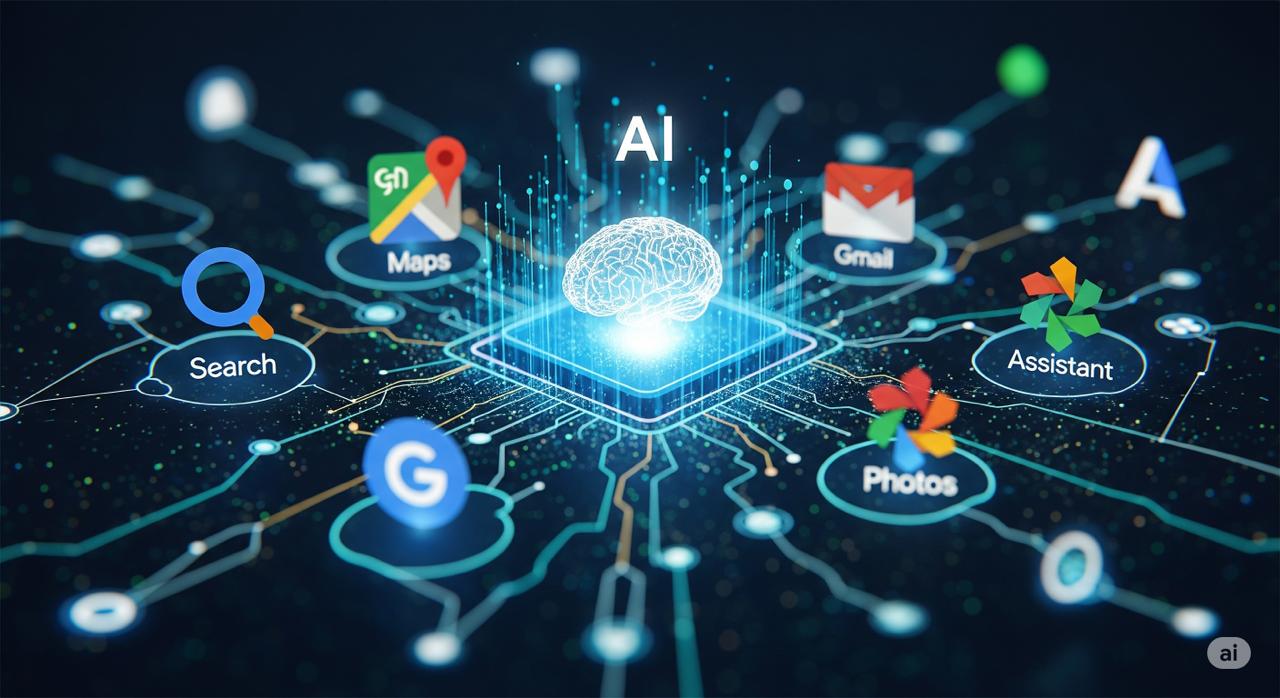Artificial Intelligence (AI) has become a transformative force across industries, from finance to healthcare and entertainment. One area where its impact raises both curiosity and concern is gambling and sports betting. For betting addicts, the promise of AI-driven predictions seems like a lifeline—a chance to “beat the odds.” But can AI really solve the problem of betting predictions, or does it risk making addiction worse?
The Allure of Prediction
Betting thrives on uncertainty. Addicts often believe that having better data, sharper insights, or insider knowledge will increase their chances of winning. AI, with its ability to analyze vast datasets, identify patterns, and forecast trends, seems like the perfect solution. Indeed, AI models can crunch years of match statistics, player performance, weather conditions, and even social media sentiment to generate predictions more accurate than human intuition.
However, this advantage comes with a caveat: AI cannot remove uncertainty. Sports and gambling events involve countless random variables—injuries, referee decisions, human error, or sheer luck—that no algorithm can fully predict. At best, AI can improve the probability of success, but it cannot guarantee it. For addicts seeking certainty, this creates a dangerous illusion.
The Psychology of Betting Addicts
Addiction is less about the outcome and more about the psychological cycle—the thrill, the anticipation, and the dopamine rush that comes with risk-taking. For many addicts, even losing does not stop the compulsion; it often fuels the desire to chase losses. AI predictions, rather than breaking this cycle, can reinforce it. A gambler may trust the algorithm blindly, staking higher amounts, believing technology reduces their risk. In reality, this often leads to deeper financial and emotional harm.
AI as a Double-Edged Sword
The role of AI in betting for addicts can be summarized in two paths:
- Harmful Path – Reinforcement of Addiction
- AI prediction tools can make betting seem more “scientific” and trustworthy.
- Addicts may escalate their bets, thinking algorithms eliminate uncertainty.
- This false confidence often accelerates losses and addiction severity.
- AI prediction tools can make betting seem more “scientific” and trustworthy.
- Helpful Path – Addiction Support and Recovery
- On the flip side, AI can be deployed not to predict bets, but to predict addictive behavior.
- Gambling platforms and mental health services are already using AI to monitor betting patterns, detect compulsive activity, and intervene with warnings, spending limits, or counseling prompts.
- For example, unusual late-night activity, escalating stakes, or chasing losses can trigger AI-driven alerts that connect users to support services.
- On the flip side, AI can be deployed not to predict bets, but to predict addictive behavior.
The Ethical Question
The intersection of AI and gambling raises pressing ethical questions: Should AI be used to help people gamble better—or to help them stop gambling? For tech developers, regulators, and betting companies, the answer reflects priorities between profit and public health. While some platforms market AI-driven “smart betting tips,” others are investing in responsible gambling technologies to reduce harm.
Prediction Isn’t the Solution
AI cannot “solve” betting predictions for addicts because the core problem is not prediction—it is addiction itself. While AI can improve odds analysis, it cannot eliminate uncertainty or prevent losses. More importantly, giving an addict more powerful tools to gamble often worsens the issue.
The real potential of AI lies not in helping addicts win more bets, but in helping them recognize and manage their addiction. Used responsibly, AI can become an ally in mental health interventions, offering predictive support to prevent harmful gambling behaviors before they spiral out of control.
In the end, the question is not whether AI can predict outcomes, but whether society chooses to use AI to fuel addiction or foster recovery.




